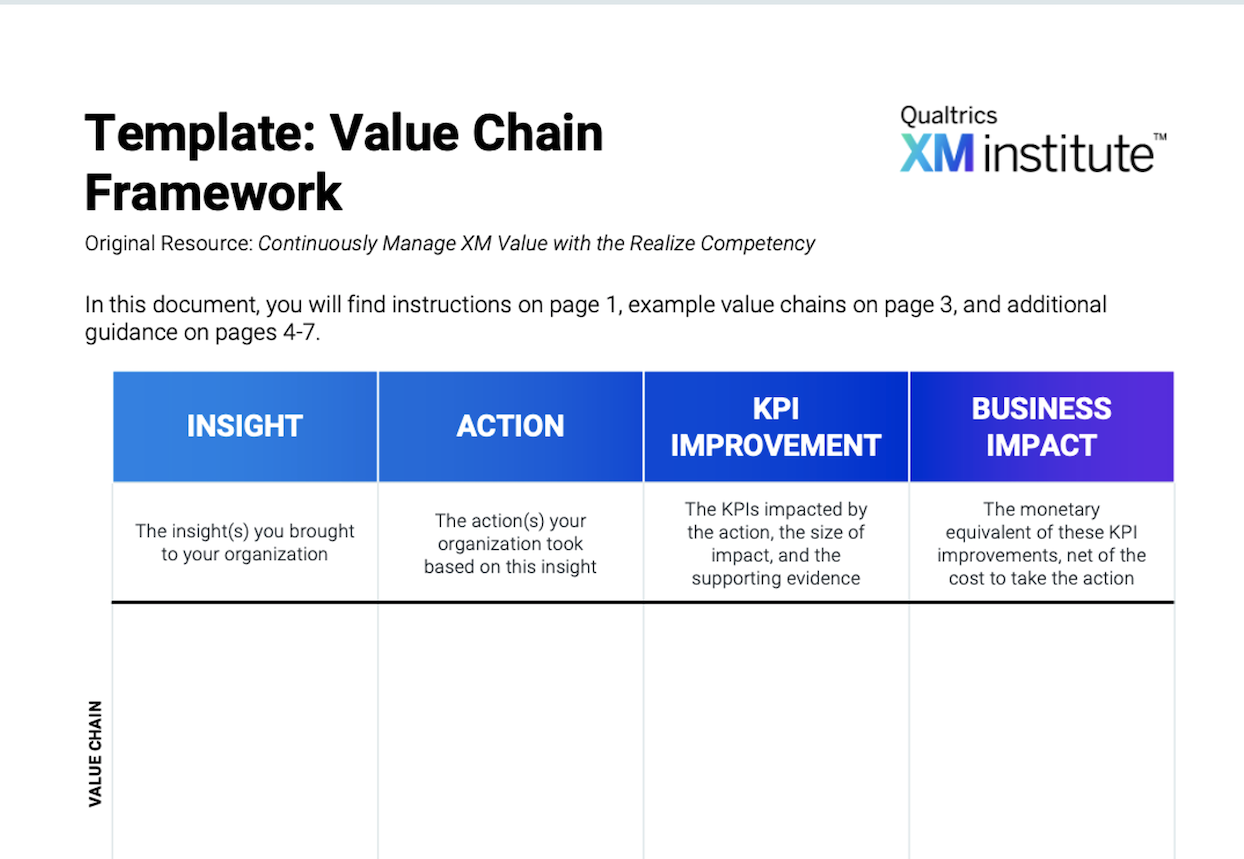In his recent letter to shareholders, Amazon.com CEO Jeff Bezos provides insight into a truly customer-centric organization. The letter demonstrates how Amazon operates with a long-term view of customer value. Here are some of the most powerful components of the letter:
“Proactively delighting customers earns trust, which earns more business from those customers, even in new business arenas. Take a long-term view, and the interests of customers and shareholders align.”
“I frequently quote famed investor Benjamin Graham in our employee all-hands meetings – “In the short run, the market is a voting machine but in the long run, it is a weighing machine.” We don’t celebrate a 10% increase in the stock price like we celebrate excellent customer experience. We aren’t 10% smarter when that happens and conversely aren’t 10% dumber when the stock goes the other way. We want to be weighed, and we’re always working to build a heavier company.”
Bezos understands the value of Amazon’s most critical asset, customer loyalty, which I’ve defined as the willingness to consider, trust, and forgive. That focus is what put Amazon.com on the top of the retail sector in the 2013 Temkin Experience Ratings. Great leaders focus on building that customer loyalty asset with the knowledge that it will generate the best returns for all stakeholders in the long run.
Here are some other components of Bezos’ letter that I want to comment on…
“As regular readers of this letter will know, our energy at Amazon comes from the desire to impress customers rather than the zeal to best competitors… One advantage – perhaps a somewhat subtle one – of a customer-driven focus is that it aids a certain type of proactivity. When we’re at our best, we don’t wait for external pressures. We are internally driven to improve our services, adding benefits and features, before we have to.”
My take: Too many companies overly focus on their competition, a process that leads to collective mediocrity. Great companies focus their energies, from learning to innovating, on three questions: who are our customers? what do they want and need? how can we provide them even more value?
“We build automated systems that look for occasions when we’ve provided a customer experience that isn’t up to our standards, and those systems then proactively refund customers.”
My take: This type of proactive approach is not only great for building trust with customers, but it also establishes pressure within Amazon to do the right thing all the time. It creates an environment where mistakes are proactively found, fixed, and prevented in the future.
“Our business approach is to sell premium hardware at roughly breakeven prices. We want to make money when people use our devices – not when people buy our devices. We think this aligns us better with customers. For example, we don’t need our customers to be on the upgrade treadmill. We can be very happy to see people still using four-year-old Kindles!”
My take: If you want to align your interests with your customers, then create pricing models where you only make money when customers gain value. This is an increasingly important concept as more products and services are connected online where usage and value can be more closely monitored.
“As proud as I am of our progress and our inventions, I know that we will make mistakes along the way – some will be self-inflicted, some will be served up by smart and hard-working competitors. Our passion for pioneering will drive us to explore narrow passages, and, unavoidably, many will turn out to be blind alleys. But – with a bit of good fortune – there will also be a few that open up into broad avenues.”
My take: Every company makes mistakes, but companies that build loyalty with customers also earn their forgiveness. That’s why Amazon scores so high in the Temkin Forgiveness Ratings. It also allows employees to have the confidence to try new things.
The bottom line: Customer-centric organizations are purposefully built.
This blog post was originally published by Temkin Group prior to its acquisition by Qualtrics in October 2018.





